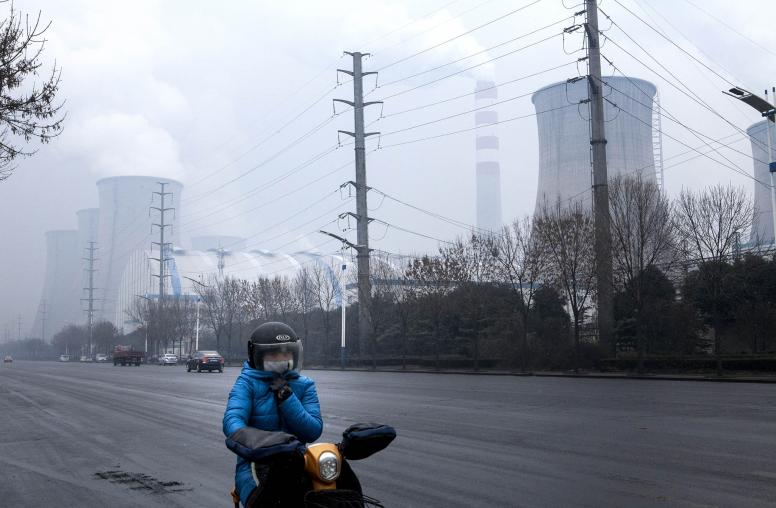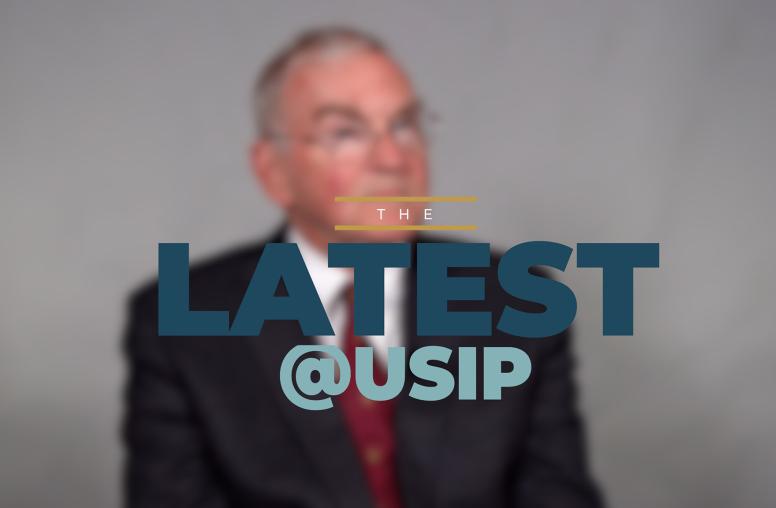Climate change is already an acute issue in the East and Horn of Africa. Agricultural and pastoral communities are now facing their sixth straight season of drought, and without a way to shield themselves from the impact, they have very few options but to move. Amy Pope, the director general-elect of the International Organization for Migration, discusses how global aid agencies must continue providing life-saving assistance to those already displaced — but should also help vulnerable communities anticipate and mitigate the impacts of climate change to protect their livelihoods and avoid displacement altogether.



